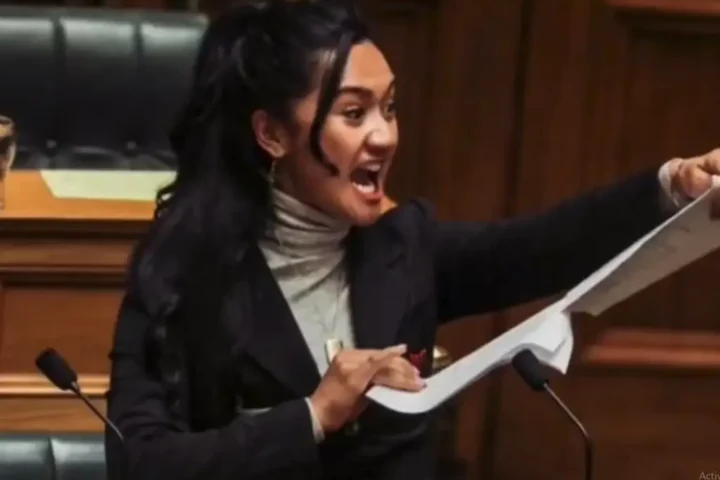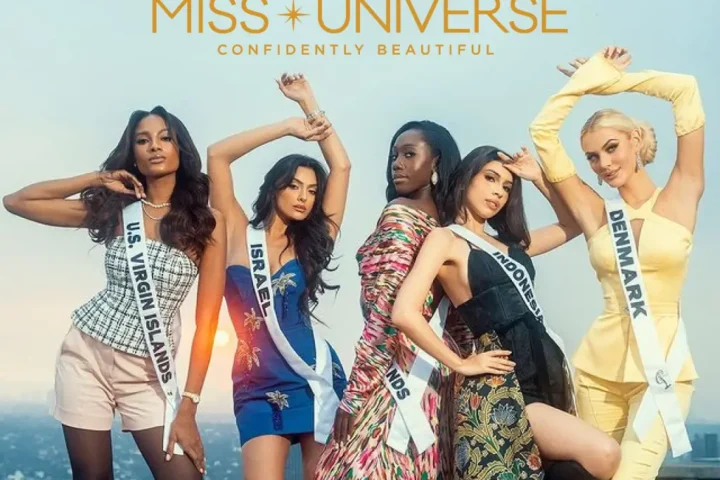Table of Contents
As the US election nears, social media site X (previously Twitter) is where content creators meet to make money by sharing posts about candidates, political activities, and, notably, conspiracy theories. It is alleged that thousands of dollars can be made on X based on highly engaging posts, some of which include AI-generated images and posts considered provocative or misleading.
Monetizing Engagement on X
With a recent change in its revenue generation model, X is paying attention to individuals with high interaction rates, likes, comments, and shares from the paid account. This new model has fostered sociality in the network of producers and practitioners, encouraging them to reshare each other’s posts multiple times a day, thereby increasing traffic and monetization. To some of the users, it has turned out to be a good business that can generate as little as several hundred dollars to as much as a thousand a month.
Freedom Uncut, who has been using X for some time now, claimed to be earning a sizeable income by dedicating up to 16 hours of his day to the site. His content consists of satire and posts made with an AI, such as the superheroes Donald Trump and Joe Biden in an absurd situation. Although he says these images are intended to be ‘art pieces’ and not ‘fake news,’ posts solicit a lot of traffic and, thus, money.
The newest business of Elon Musk on X has thrown him directly into politics and raised both interest and concern as he storms voters in swing states offering million-dollar lottery dailies. Consequently, by encouraging his followers to contribute to a petition supporting Donald Trump, Musk has raised many eyebrows since his actions are illegal and unethical. Is this freebie real activism or an all-out bid by a billionaire for the election in the USA? Following some unpredictable decisions and ridiculous plans, Musk is still unpredictable and misunderstood: everybody is unsure of his goals.
Controversy Fuels High Engagement
Interestingly enough, as is seen, for many of the users in X, the material most likely to attract controversy is the one that garners the most attention. Such topics get tremendous engagement: posts that debunk official stories, express skepticism about the electoral processes, or present politicians in a bad light. One such example includes a fake photograph that emerged suggesting that Kamala Harris used to work at McDonald’s when she was young. The believable fake image was largely passed around and discussed in this community and elicited over 1,000 reactions.
Some accuse X of enabling such accounts to be officially monetarized without a proper policy on misinformation, thus perhaps contributing to the formation of as much as poking users into posting sensitive materials. Comparatively, X has no such restrictions, as Facebook and YouTube Active Speakers will monetize false information, hence leading to problems related to political discourse.
A Network of Influence
Most content creators also operate in organized groups that share each other’s posts through discussion lists and group centers. Social media marketing is an important network strategy that helps them to expand the circle of their influence by increasing interest in multiple accounts. Some of these creators indicated that they are regularly contacted by politicians because the latter know that they can help them gain support. Such collaborations only serve to complicate how the various social media forms impact the voters.
AI-Generated Images and the Spread of Misinformation
It has also seen AI-generated imagery as an important weapon for these users since it can insert an effective image that can be passed around. Some of the above photos only show the candidates in funny or entirely fictional roles, though some are satirical. While images that some users tag as fictional are relatively easy to distinguish from real ones, others do not, which makes things murkier and disseminates fake stories to the wider community.
X’s Response to the U.S. Election
X has a feature called Community Notes where people can debunk the content, but there is no explicit solution to paid misinformation. Promoted wall, however, it can be seen that the new monetization model of the platform continues to promote polarization among users. X has raised awareness of monetization of content and the role of social media in moderation, especially in issues to do with the US election debacle.
Unfortunately, X says nothing about whether it intends to set even tighter restrictive measures in place, and the monetized and sensationalism-based content will continue to increase in prominence. As millions of users log in to the site daily, the further development of the use of X in the dissemination of status regarding the elections or otherwise, though only bogus news at a time, cannot refrain from influencing public discourse and possibly the minds of the voters before the impending election.















